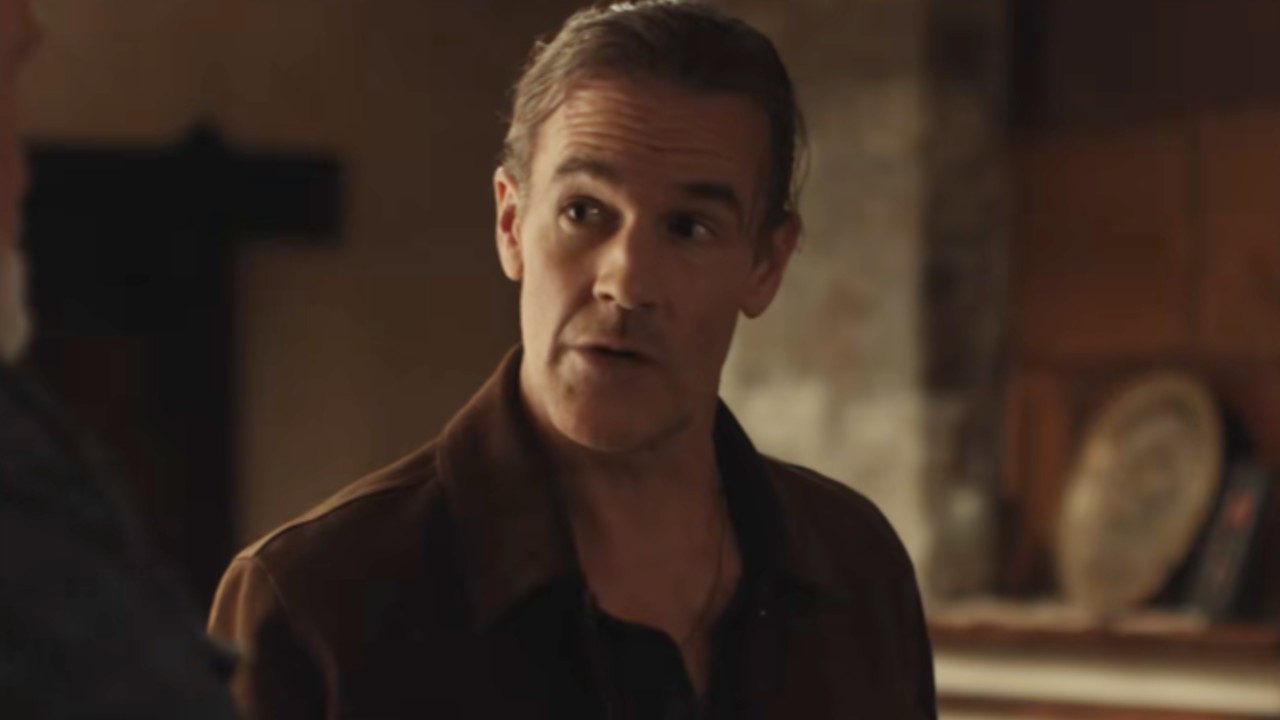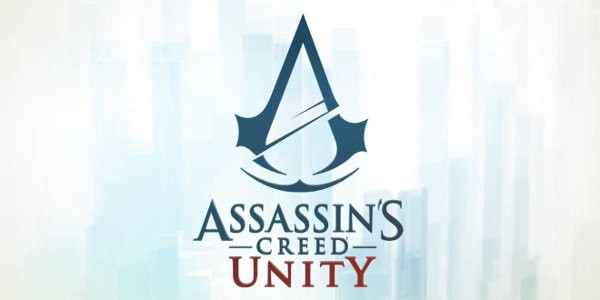
Your Daily Blend of Entertainment News
You are now subscribed
Your newsletter sign-up was successful
Assassin's Creed Unity takes place in 18th century France during the revolution. The French Revolution was a decade of strife that saw the aristocracy and monarchy by the lower classes, who quickly turned on each other as well. Meanwhile, the newly founded Republic waged bloody wars against other European powers to ensure that their Revolution endured.
Ubisoft typically seeds the Assassin's Creed game with historical figures. For example, Assassin's Creed 3 let players rub elbows with George Washington, Benjamin Franklin and other notable members of the American Revolution. It's likely the Unity team will include some real personalities from French history in the game's plot.
This era gives Ubisoft plenty of bizarre, fascinating or disturbing personalities to choose from. Here are a few real historical figures you shouldn't be surprised to see in the game.
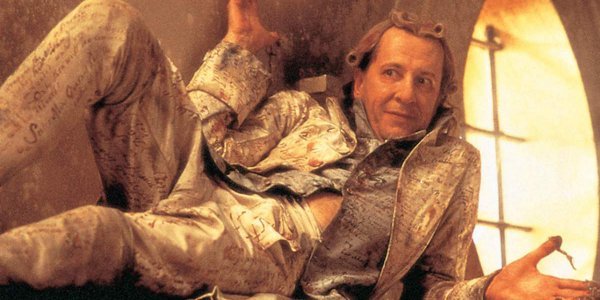
Marquis de Sade
If Ubisoft needs a depraved nobleman for their game's plot, Marquis de Sade will fit the role perfectly. The aristocrat drew the attention of the police as early as 1763 by mistreating prostitutes and trying to imprison one in his home on Easter Sunday. He's said to have to sexually abused his employees as well. A new word was created in his honor: sadism.
He escaped prison a couple times but eventually his luck ran out. He wound up in the Bastille and then Charenton insane asylum. He remained there until 1790, months after the start of the revolution.
You'd think that an aristocrat with a history of diddling the help wouldn't be welcome in the French Republic. However, "Citizen de Sade" was able to win over enough of the revolutionaries to get himself elected to the new National Convention, the legislative assembly that officially founded the First Republic. He served there until 1793, when he was jailed for being too moderate - probably the first time he was ever accused of such a thing.
Your Daily Blend of Entertainment News
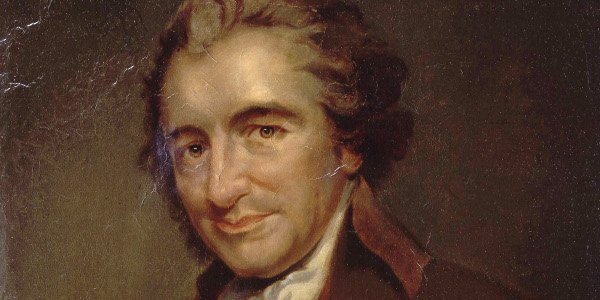
Thomas Paine
Thomas Paine should be a familiar name to Americans. The Englishman was perhaps most well-known for writing Common Sense, a pamphlet that argued for the American colonies to declare independence from Great Britain. The pamphlet was widely disseminated among colonialists and inspired many to advocate independence. During the war, he served as an aid to American general Nathanael Greene and helped ferry money from France to the Continental Army.
However, his story is bigger than a few paragraphs in an American history textbook. Paine traveled to France during the revolution there and published Rights of Man, a book in favor of the popular uprising. Although he couldn't speak French, he was elected to the National Convention (man, they let anyone be part of this Convention) and voted for the formation of the Republic.
Like de Sade, though, Paine was despised by the powerful, radical faction known as "the Mountain." They eventually stripped him of his office and imprisoned him. He was almost executed, too; the only reason he was spared was that his jailer accidentally marked the inside of his door with chalk instead of the outside. This small mistake saved him from the guillotine.
There were plenty of people who fought for American and French independence. However, Paine's one of the few involved in both conflicts. He'd be an interesting character to include in Assassin's Creed: Unity because he would act as a bridge of sorts between that game and Assassin's Creed 3. It's a rare opportunity to show that the two revolutions aren't just isolated chapters of history.
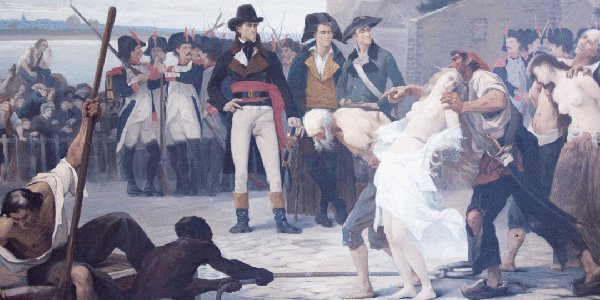
Jean-Baptiste Carrier
While fighting a coalition of European nations, the French Republic also had to fend off a counterrevolution in the Vendée. The National Convention sent Jean-Baptiste Carrier to suppress this uprising. He took the assignment a bit too seriously.
Carrier rounded up everyone he suspected of being a royalist sympathizer or at least not an enthusiastic supporter of the Revolution. Rather than giving proper trials to these thousands of prisoners, Carrier started killing them. The guillotine and firing squad were too slow so he resorted to mass drowning. He loaded up prisoners into boats with trap doors and then sank them in the Loire River. He reportedly tied naked men and women together before executing them, a method that came to be called "Republican marriage."
"In this disastrous situation, Carrier, still boiling with rage, forbade the slightest emotion of pity, seized by the collar and threatened with his sword those who came to speak to him, and caused bills to be posted, stating that whoever presumed to solicit on behalf of any person in confident should be thrown in prison himself," Adolphe Thiers wrote in History of the French Revolution.
Eventually Carrier's crazy behavior caught up to him. After his supporters in the French government fell out of power, he was put on trial and executed. I can't help but think that he'd make a good target for Assassin's Creed Unity's hero, though.
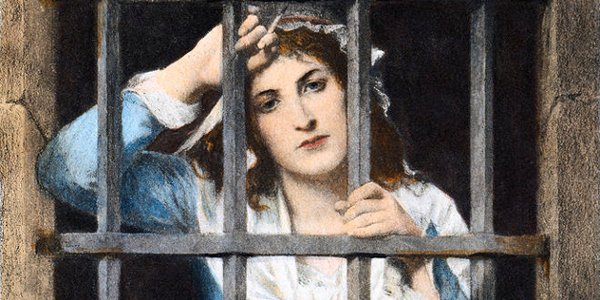
Charlotte Corday
Assassin's Creed Unity will tell the story of a secret order of assassins operating in Revolutionary France. However, not all the assassins in the game have to be fictional. There was at least one real assassin during the Revolutionary War: Charlotte Corday.
It's an understatement to call Corday, a 24-year-old nun, an unlikely assassin. Her target may be just as surprising: Jean-Paul Marat, a journalist. Corday blamed Marat for the radical, violent turn in the Revolution. He advocated the mass slaughter of Paris' prisoners ("the September Massacres") to prevent them from revolting. He was also unrelenting in his criticism of more moderate revolutionaries.
Corday thought that Marat's death would prevent further violence. She wanted to kill him in front of the entire National Convention in 1793 but a rare skin condition forced him to rarely leave his home. She settled on a more private assassination, killing him in his bath tub with a kitchen knife.
She failed to prevent further bloodshed in the French Revolution. If anything, the assassination turned Marat into a martyr to his supporters. Still, her belief that she could change history for the better through murder sounds a lot like the way Assassin's Creed's heroes operate. It's not hard to imagine her being a member of the Assassins in Unity.
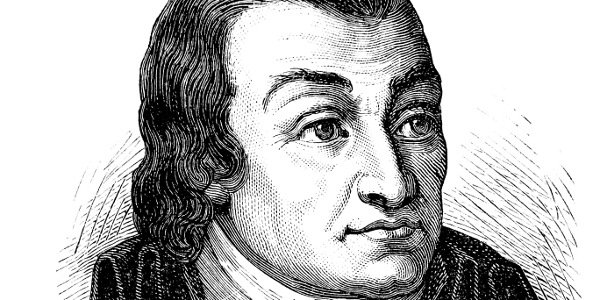
Antoine Quentin Fouquier-Tinville
Lawyers generally have a bad reputation. This stereotype is often unfair but Antoine Quentin Fouquier-Tinville more than earned his notoriety.
Fouquier-Tinville was the public prosecutor for the Revolutionary Tribunal. The Tribunal was intended to judge the guilt of political criminals. Guilt seemed to be all that it found. Prisoners were forbidden from having counsel and couldn't bring witnesses to prove their innocence. Eventually death was the only penalty the Tribunal was allowed to dole out. Over 2,500 people were sentenced to execution, including Charlotte Corday.
Like Carrier, Fouquier-Tinville was eventually put on trial when his faction was deposed. He argued that he was merely following orders. Passing the buck didn't save him from the guillotine, though.
While he's not the sole reason that the tribunal became a kangaroo court, he was nonetheless a dutiful servant of a violent and corrupt government. Perhaps his blind obedience will be rewarded with a cameo in Assassin's Creed Unity. A ruthless lawyer sure sounds like a good villain, if only for a mission or two.
Staff Writer at CinemaBlend.

